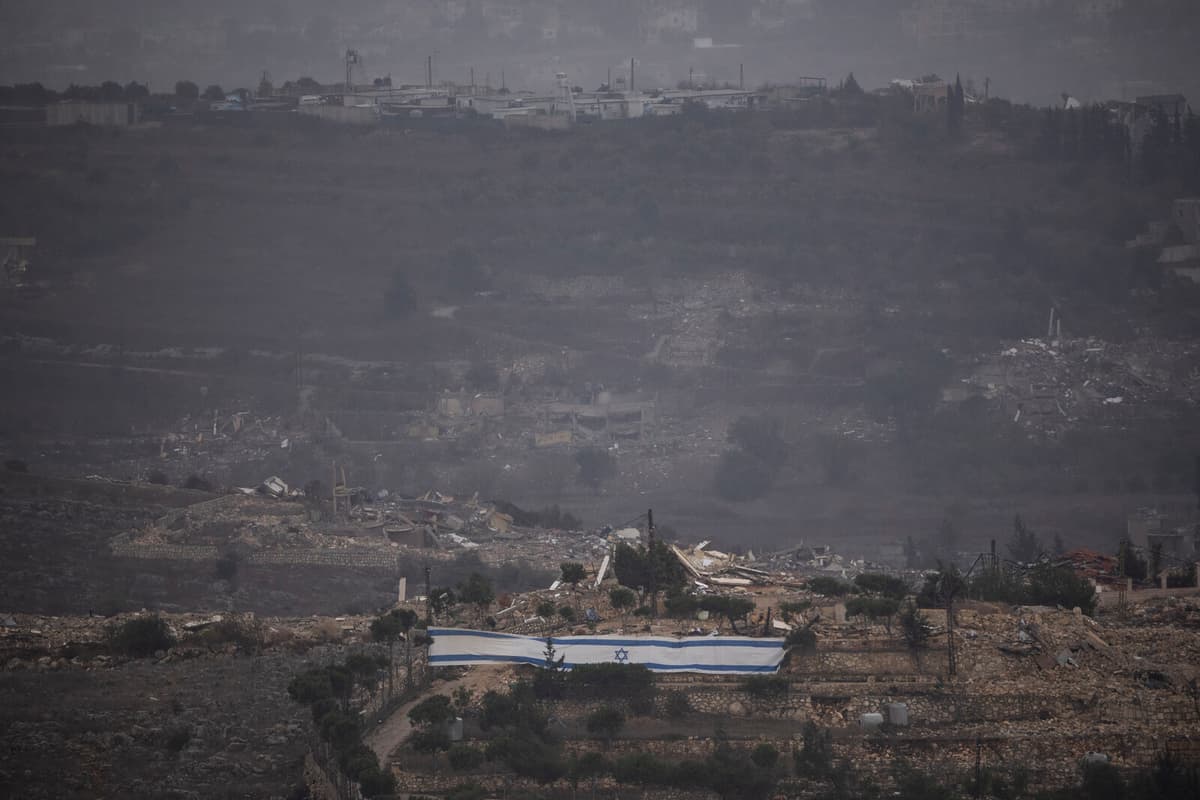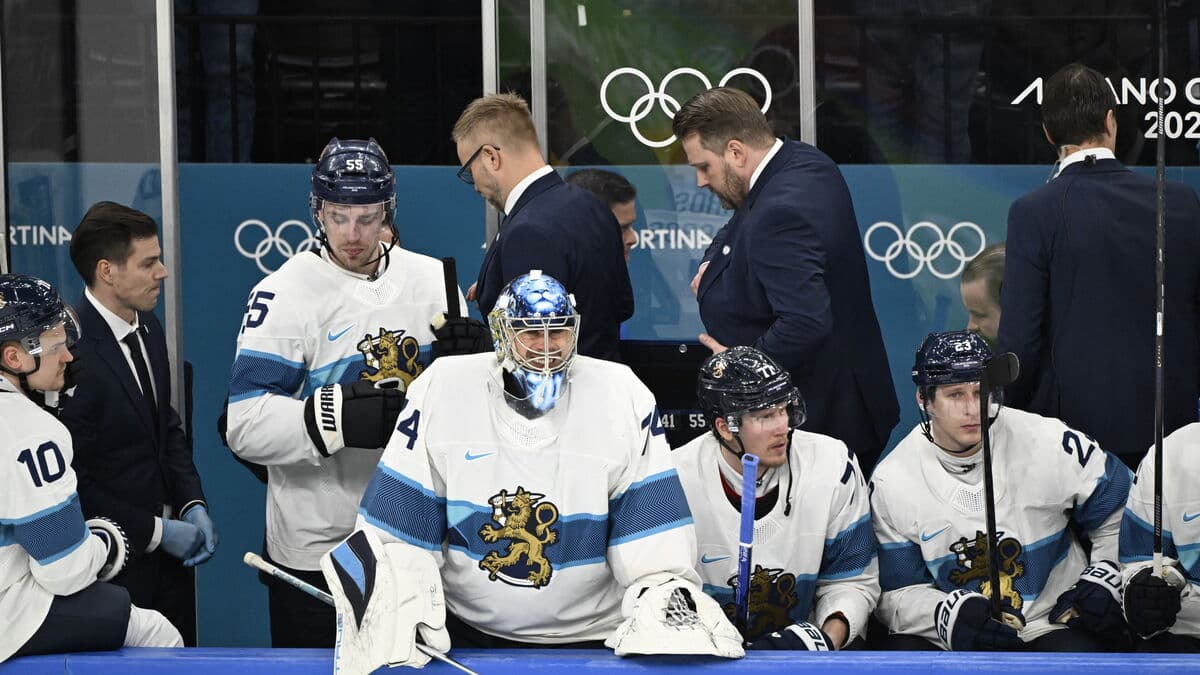Italians, Irish, and Austrians have been harmed during the recent weeks' exchange of fire between Israel and Hezbollah, which has sparked outrage in their respective countries.
The issue concerns UN forces – around 11,000 in number – that were stationed there after the last war in 2006, with a formal mandate to maintain peace in a demilitarized buffer zone between Israel and Lebanon.
As the international forces have become surrounded by the new and raging war, UN Resolution 1701 has been raised for new discussion.
Depended on Disarmament
The resolution is one of the few instances where the Security Council has united on a Middle East issue. It stopped the war between Israel and Hezbollah 18 years ago. Then, as now, Israel had invaded Lebanon in response to attacks from Hezbollah.
After 34 days of war, the UN Security Council agreed on a solution that would draw a border between Israel and Lebanon and keep the warring parties apart.
Israel would completely leave Lebanon. Hezbollah, an already growing power factor, would be disarmed and subdued.
A several-mile-wide buffer zone was established in southern Lebanon. The idea was that an enhanced UN presence would hold the positions there together with Lebanon's hollowed-out regular army.
Not Fulfilled
During the 18 years that have passed, it has been a poorly kept secret that it did not happen. Hezbollah had a continued presence there and has occasionally carried out rocket attacks against Israel, with accusations of Israeli border violations.
When the war in Gaza broke out, Hezbollah launched a more intense bombardment against Israel from the north. Israel responded with powerful attacks and launched a full-scale ground invasion in October.
Israeli forces entered the buffer zone, set up posts next to UN bases, and urged the international soldiers to leave, which prompted Unifil to warn of an "extremely dangerous development".
The Lebanese army, which is subordinate to a paralyzed government that must relate to Hezbollah, has stood by.
"No One Did Anything"
Resolution 1701 ended the war in 2006, but we must be honest and admit that no one did anything to realize it, said US envoy Amos Hochstein a month ago.
Advertisement
During the weeks that followed, mediators have been pushing and pulling for renewed promises and more powerful guarantees that could make the rare agreement count.
In August 2006, the UN Security Council adopted Resolution 1701, which aimed to put an end to the war between Israel and the Lebanese Shia movement Hezbollah.
Israel withdrew after a 34-day-long invasion of its neighboring country. It had begun after Hezbollah staged a rocket attack as a diversion for an attack near the border, where several Israeli soldiers were killed and others kidnapped.
The resolution confirmed the "blue line" between Israel and Lebanon, which has come to constitute a de facto border between the countries. North of the line, a security zone was established that stretches several miles into Lebanon up to the Litani River. It was decided that only UN peacekeeping forces (Unifil) and forces from Lebanon's regular army would be allowed there.
Israel was ordered to withdraw all forces south of the line. Furthermore, demands were made that all militia groups in Lebanon would be disarmed so that the Lebanese state would be the only armed power in the country, which has not happened.






